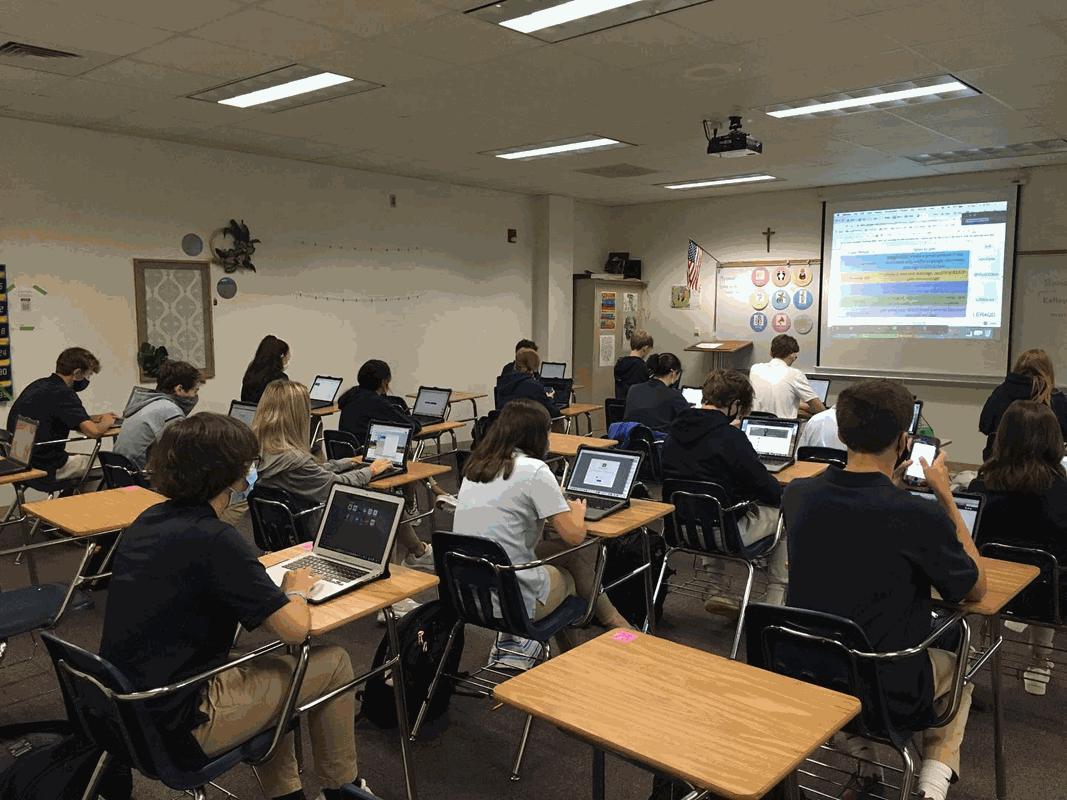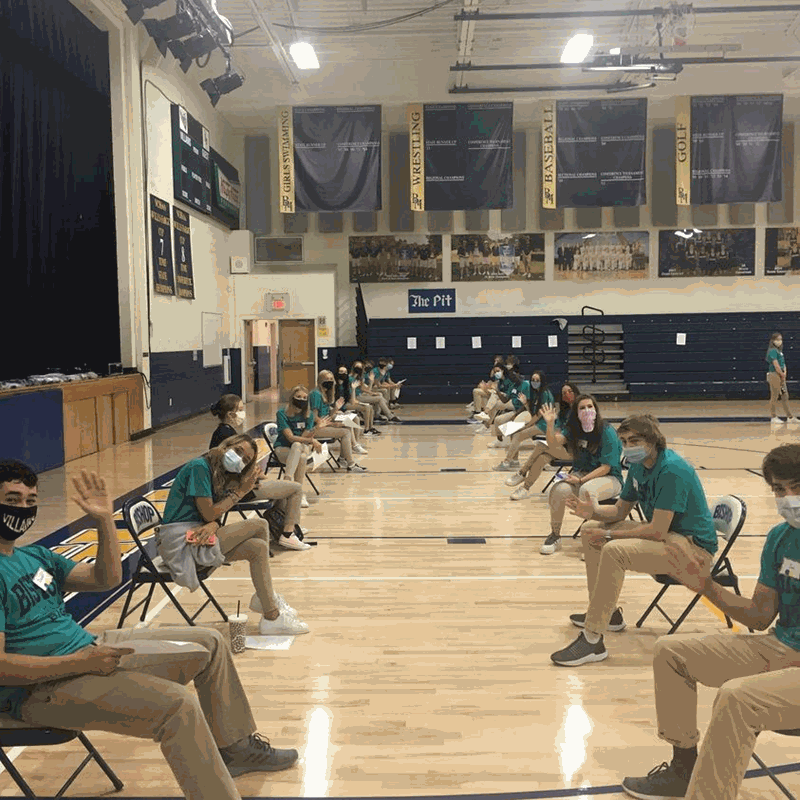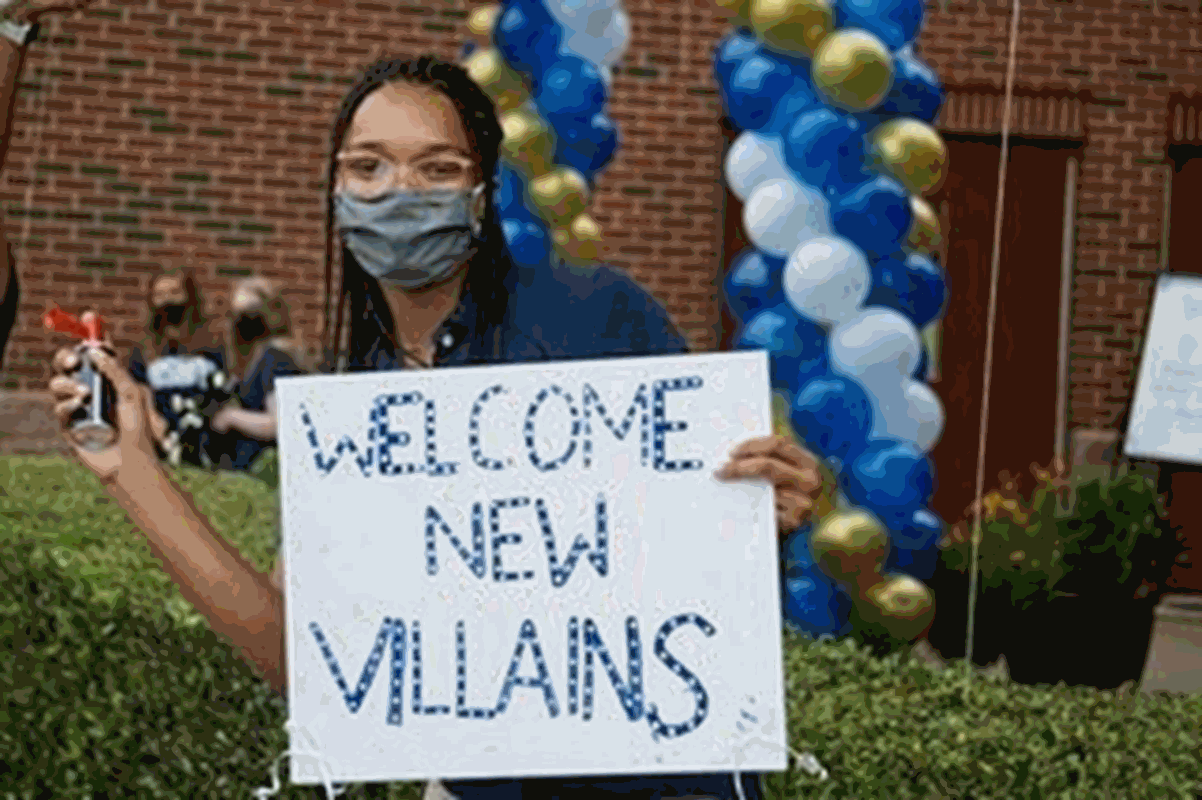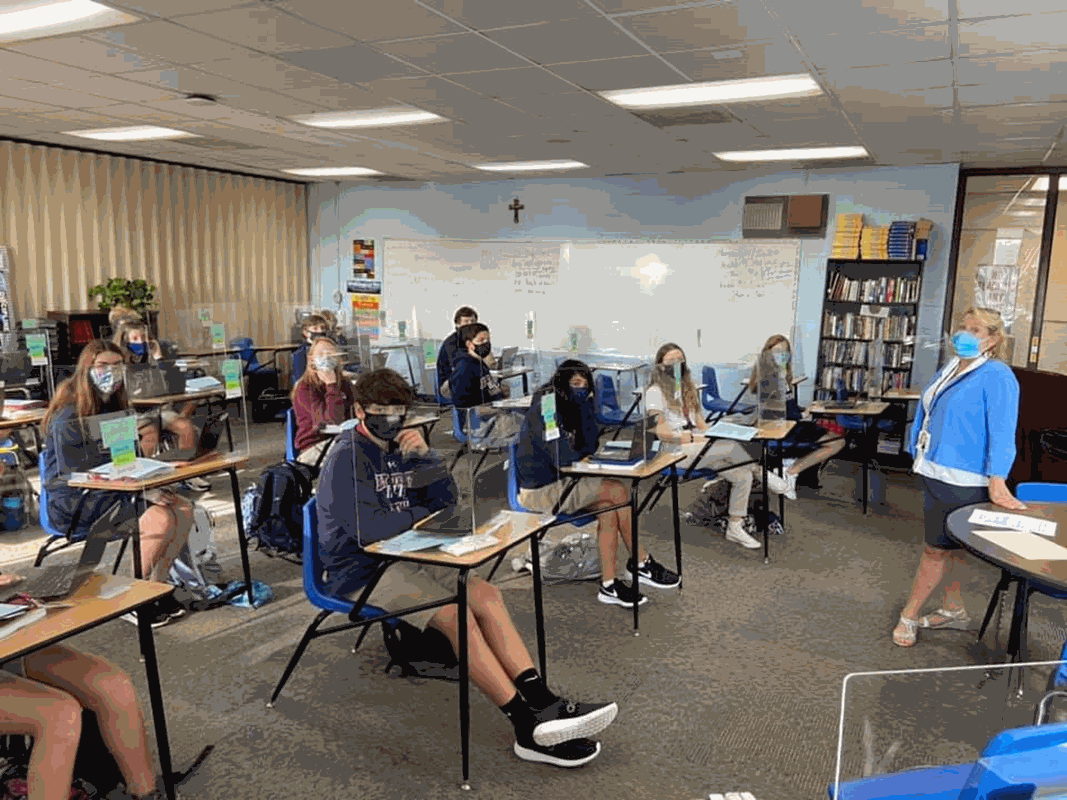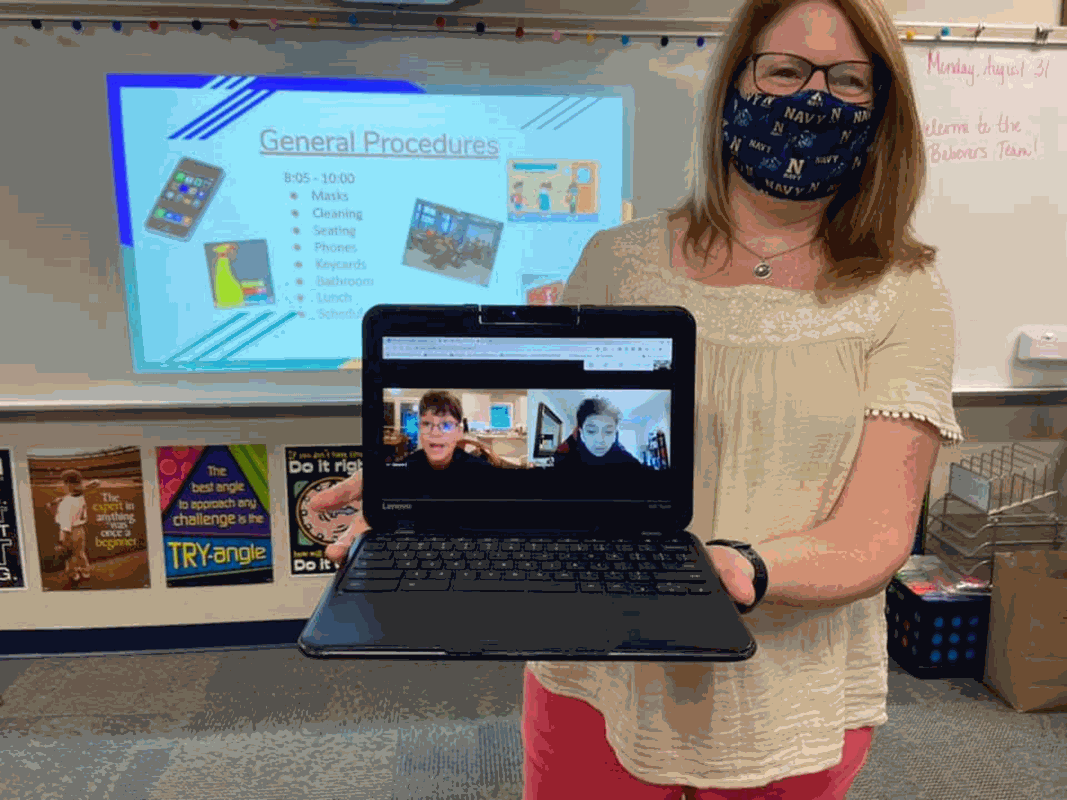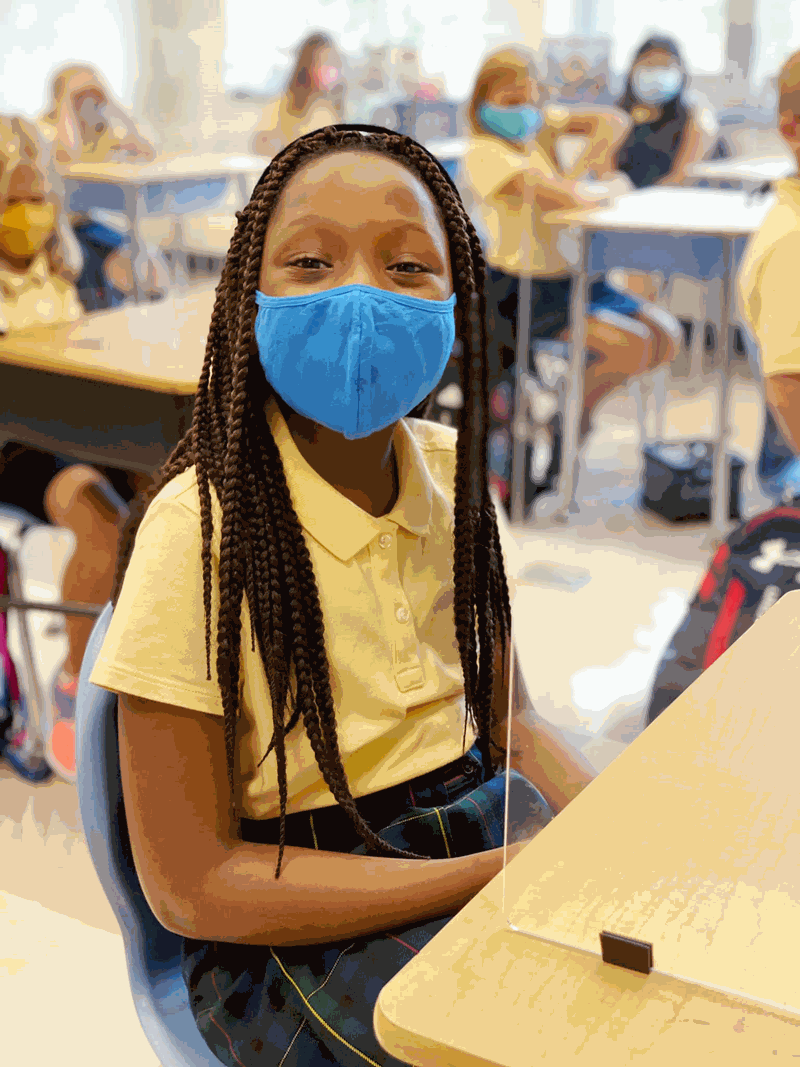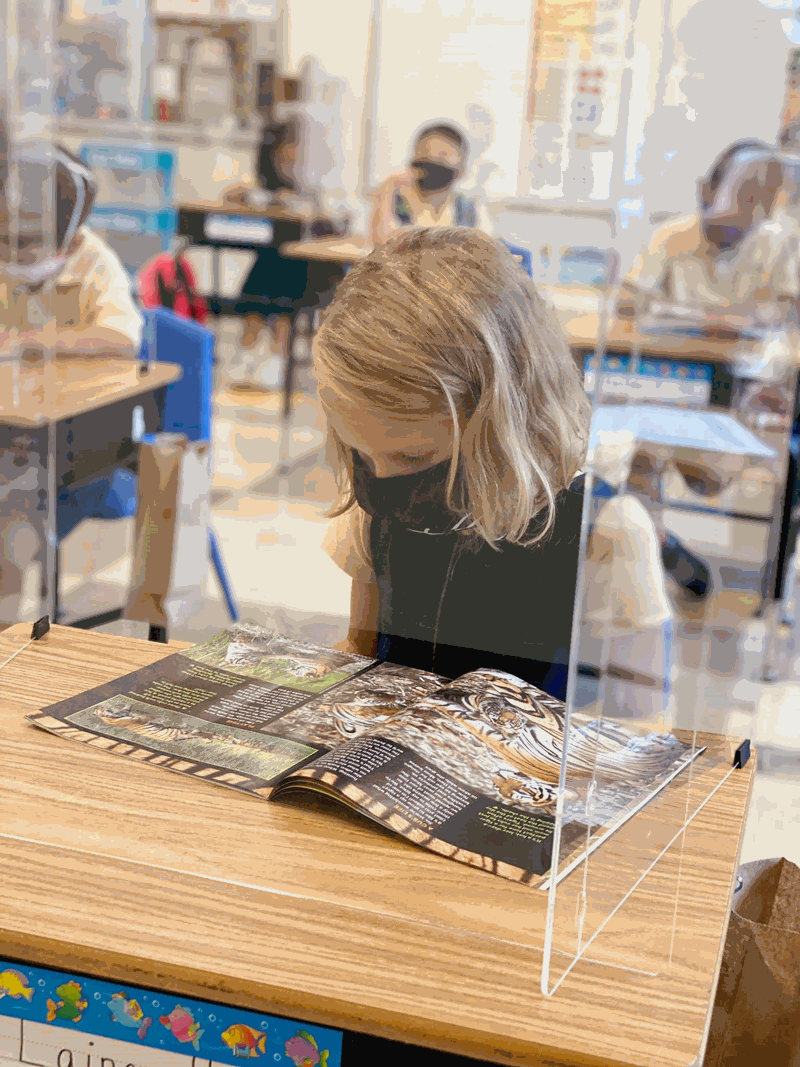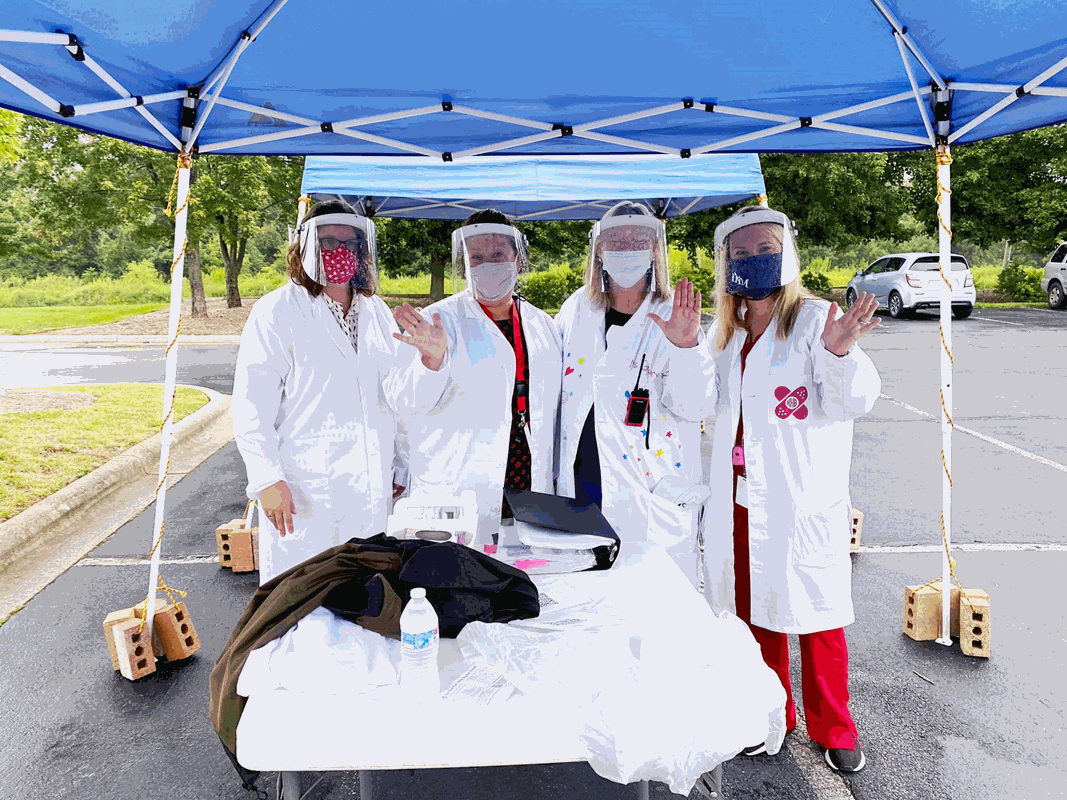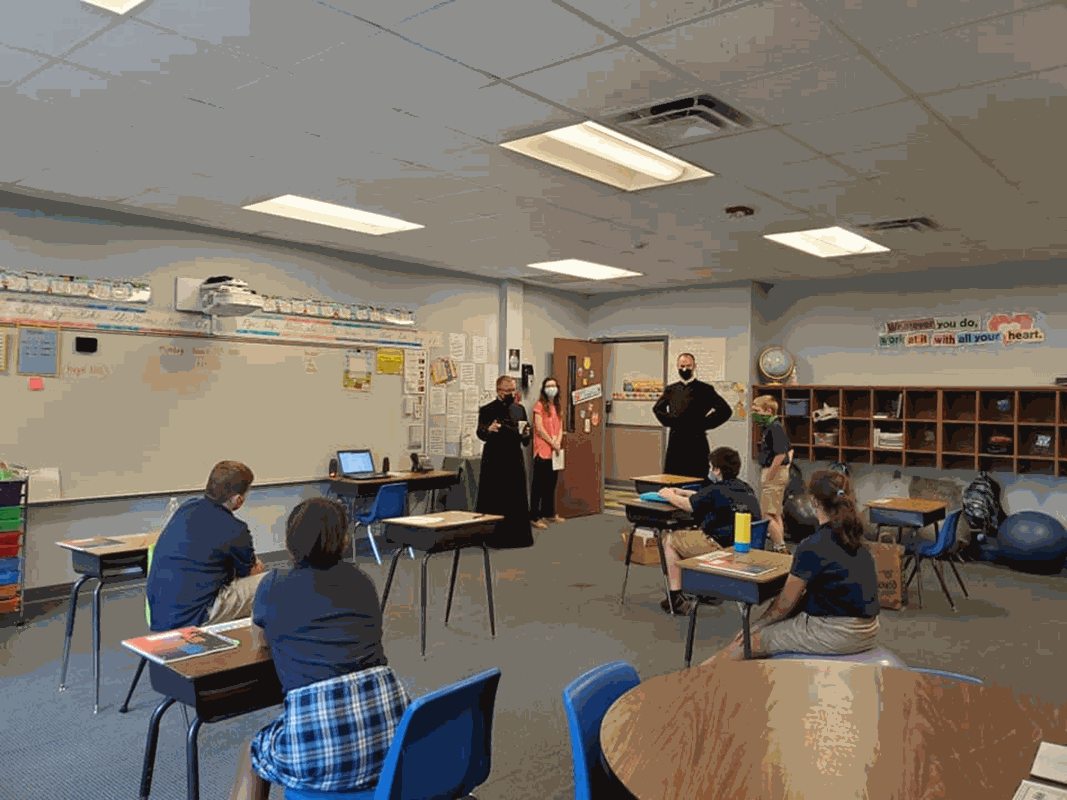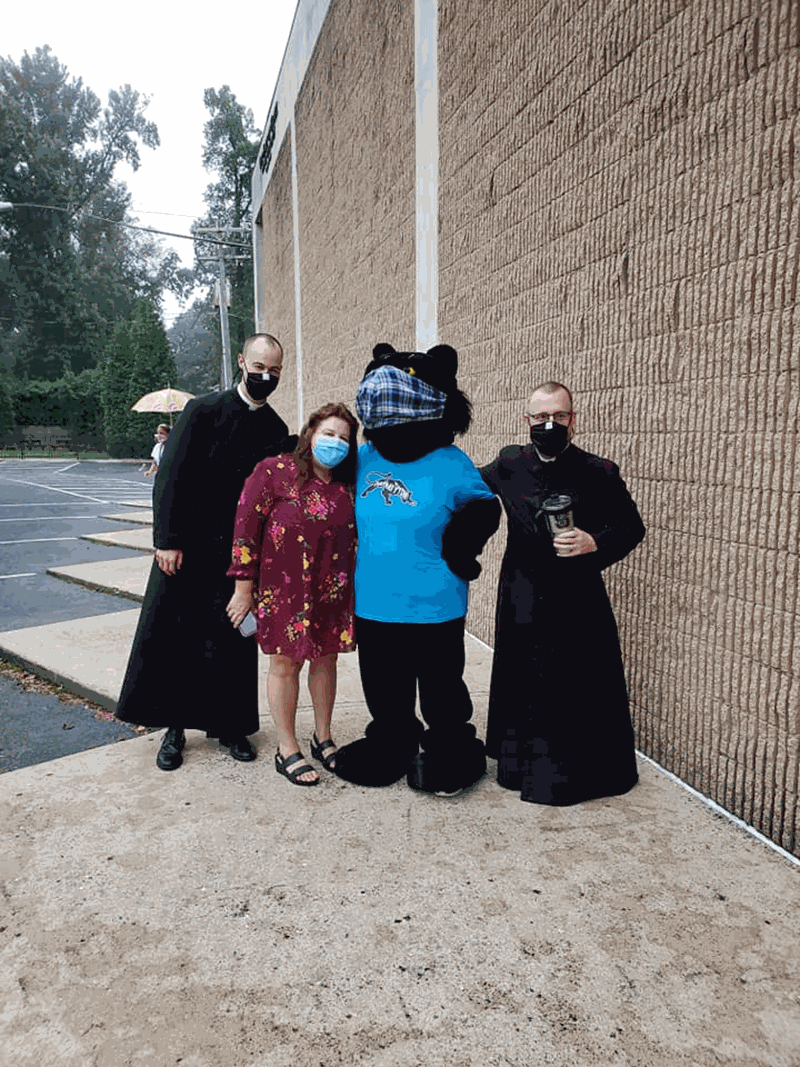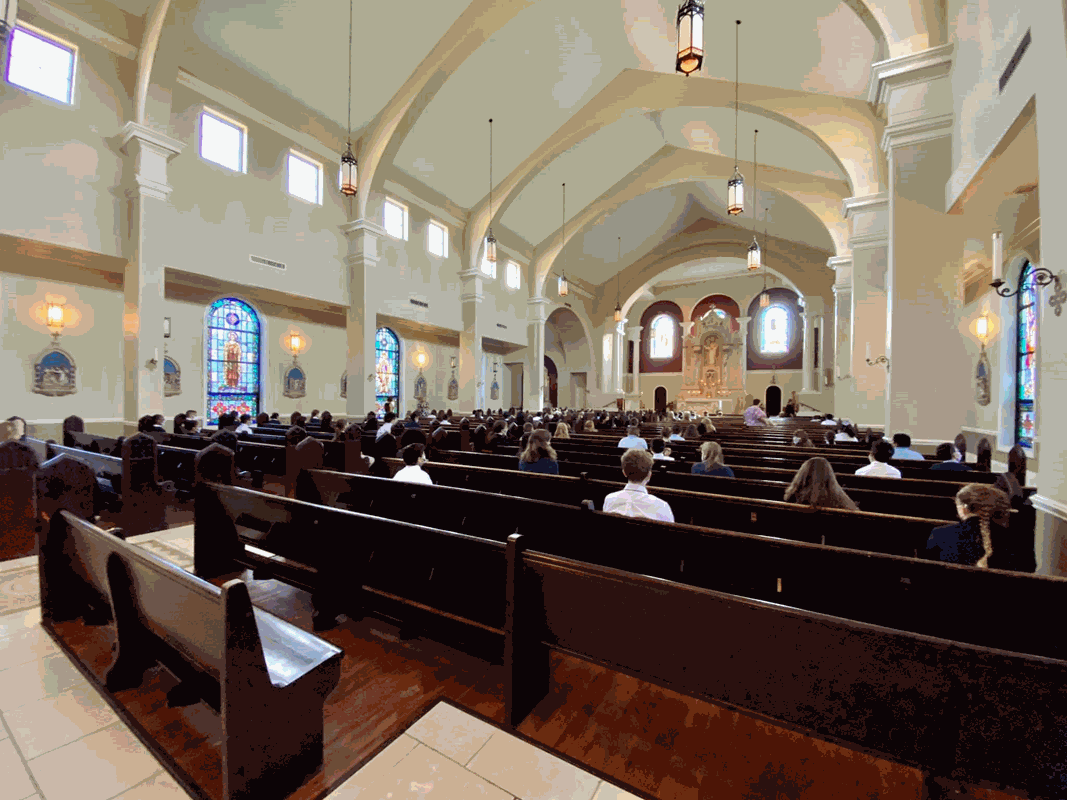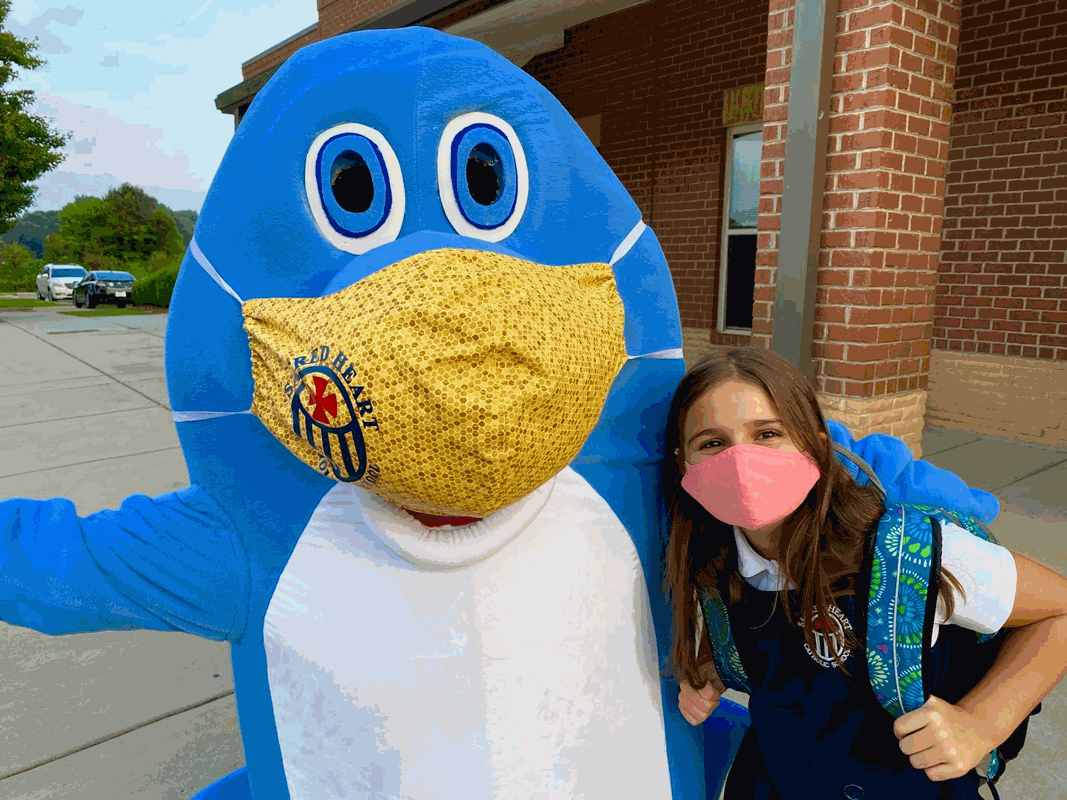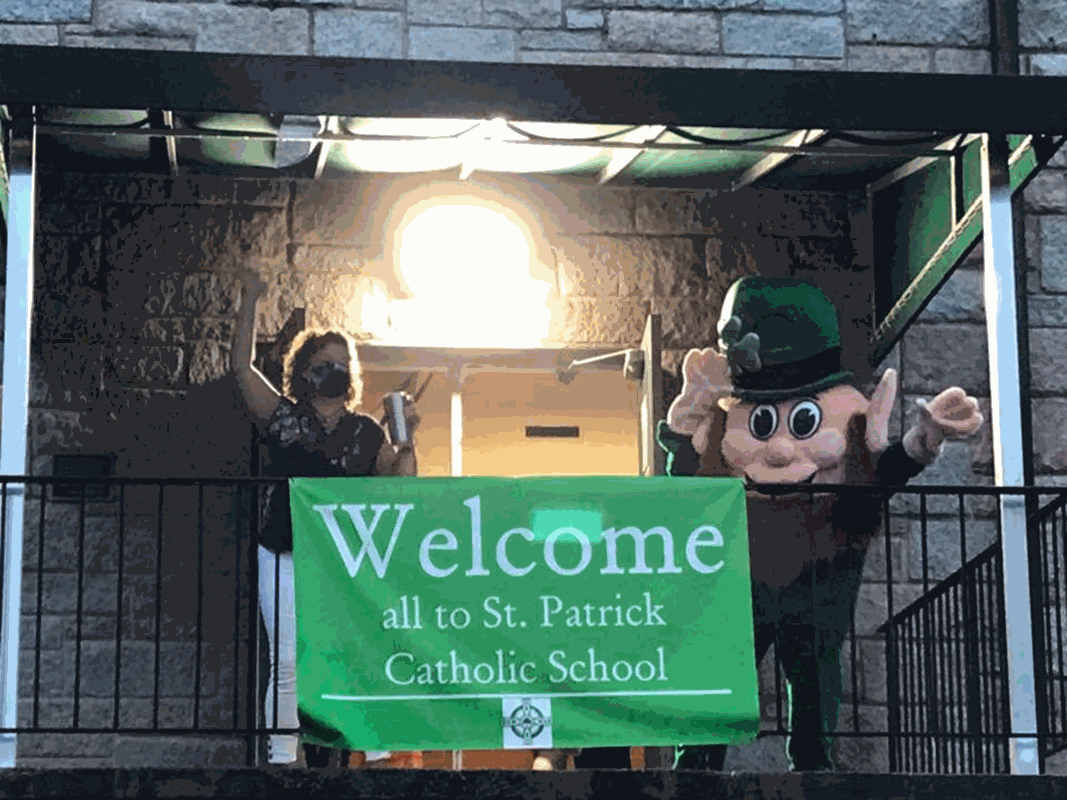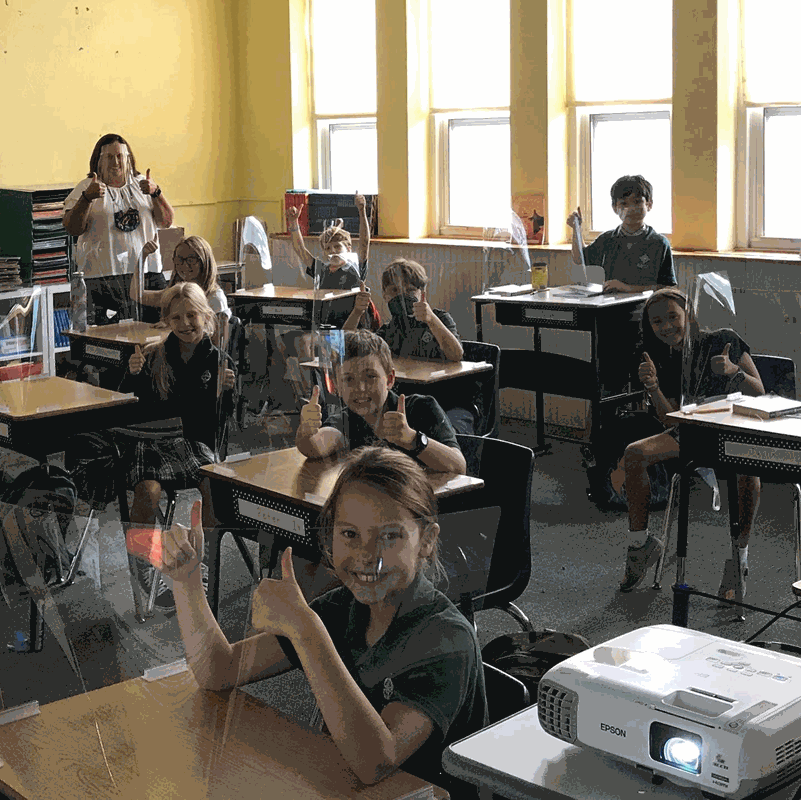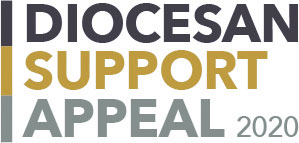CHARLOTTE — Catholic Charities Diocese of Charlotte is reporting a spike in requests for help after government protections against evictions and utility shut-offs have expired.
Moratoriums have expired on landlords evicting tenants and utility companies disconnecting residential service due to nonpayment during the COVID-19 pandemic. The protections were designed to help people stay in their homes and have access to vital utilities such as water and electricity during the public health crisis.
In the past four weeks, Catholic Charities has given out nearly $21,000 to 16 people in the Charlotte area to help them pay their past-due rent and utility bills. The agency is relying on contributions from the public as well as two recent grants from the Charlotte-Mecklenburg COVID-19 Response Fund to provide emergency assistance.
“Many of these families were facing eviction or utility shut-off because they did not have the means to pay. All were affected financially by COVID-19,” said Sandy Buck, Catholic Charities’ Charlotte regional director.
Catholic Charities’ Winston-Salem office is also seeing a rise in demand for assistance.
In one example, a father of six who was furloughed from his job in March because of COVID-19 reached out for help after being evicted. He had managed to cover his expenses until May, but then the money ran out and his landlord took him to court.
Meghan Miles, case management coordinator for the Piedmont Triad office, said the man reached out to Catholic Charities after his family was locked out and forced to move into a hotel.
“He tried everything to stave off the eviction,” Miles explained. “However, without the ability to make a full payment of all that was due, the office would not take any portion of the back rent. A management change in the rental office also delayed his ability to advocate for his family.”
Thanks to suggestions from Catholic Charities, he was able to access federal funds through Central Piedmont Community Action. Catholic Charities helped him with the remaining rent he owed, and his family was able to move back into their home.
“After a daunting week at the hotel and with financial and food assistance, they returned home and he received the call to come back to work,” Miles said.
— SueAnn Howell, senior reporter
How you can help
Your financial donations can support Catholic Charities in its work to help people affected by the pandemic to buy food, pay their utility bills and avoid eviction. Make donations online at www.ccdoc.org (click on “Donate”); or by mail to: Catholic Charities, Central Processing, 1123 S. Church St., Charlotte, NC 28203.
Need help?
Catholic Charities intends to help as many people as possible during the pandemic. To find out about medical resources, changes to government benefits and food pantries near you, call 2-1-1 to find up-to-date information on available community services. Families needing financial assistance can self-refer through NCCARE360 at www.nccare360.org/request-assistance.
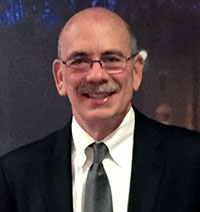 KERNERSVILLE — Bishop McGuinness High School has announced George Boschini as interim principal for the 2020-2021 school year.
KERNERSVILLE — Bishop McGuinness High School has announced George Boschini as interim principal for the 2020-2021 school year.
A principal for many years, Boschini brings a wealth of parochial and public school administrative experience and is eager to lead and serve the Bishop McGuinness High School community. His tenure is effective immediately, according to a release from Dr. Gregory P. Monroe, Superintendent of Catholic Schools.
Boschini, a parishioner of St. Pius X Church in Greensboro, retired in 2018 after 41 years in education with the last 27 in school administration.
Since retirement, he has served as an interim administrator for the Guilford County School system. Prior to his retirement, Boschini held teaching positions in the Fairfax County (VA) Public School System and later served as the Teacher Evaluation Coordinator in their Central Office.
He has 26 years in administrative experience shared between the Diocese of Raleigh Catholic School System, Alamance Burlington School System, Charlotte Mecklenburg Schools, and Guilford County Schools.
“As we begin this new school year, my primary focus will be on creating and maintaining a safe learning environment for our students, staff and families. This will allow Bishop McGuinness Catholic High School to focus on academic excellence in an environment where our Catholic faith is both celebrated and a part of everything we do. Extra-curricular activities and programs are an essential element of the high school experience and we are committed to offering these as much as possible,” said Boschini, a dynamic and energetic leader with a passion for Catholic education.
“We are extremely grateful to Mr. Randy Quarles and his whole leadership team for their hard work and for leading Bishop McGuinness this summer as we prepared for the start of another school year.
“Additionally, we want to thank our Bishop McGuinness principal search committee for vetting candidates this past summer and for ultimately leading us to Mr. Boschini.
“Looking ahead, Mr. Boschini is the right fit and the right leader for Bishop McGuinness to lead through this year. He has the experience and traits needed to ensure our wonderful school continues to flourish and remain dedicated to helping our students become missionary disciples of Christ,” said Dr. Monroe.
“Bishop McGuinness has a rich tradition of being a school where all students feel welcome and are able to experience success, which I witnessed firsthand as our sons graduated from BMCHS in 2007 and 2009. My commitment, by working together as a school and faith community, is to build on these traditions and legacy,” Boschini said.
A formal search will begin this fall for the school’s permanent principal, whose term will begin on or before the start of the 2021-2022 school year.
— Catholic News Herald
Returning to school after nearly six months out of school due to the COVD-19 pandemic looks a little different. Here's some scenes from students headed to Catholic schools in the Diocese of Charlotte.
 CHARLOTTE — Bishop Peter Jugis announces the appointment of a second vicar of education to help oversee the growing work of the Education Vicariate.
CHARLOTTE — Bishop Peter Jugis announces the appointment of a second vicar of education to help oversee the growing work of the Education Vicariate.
Father Timothy Reid is becoming the Vicar for Education: For Catholic Schools. Father Roger Arnsparger, the current education vicar, will become Vicar for Education: For Catechetical Formation.
The Education Vicariate covers an extensive range of programs and ministries for faith formation and Catholic education for people of all ages — everything from the 19 Catholic schools across the diocese to campus ministry, young adult, youth and adult faith formation and lay ministry, to the RCIA program.
The vicariate also oversees the Bishop’s Youth Pilgrimage and Totus Tuus summer faith formation program, diocesan youth retreats, and Campus Ministry service projects.
It also provides catechist training and certification and coordinates work among the parishes’ religious education directors, and it organizes the annual diocesan catechetical conference.
The office also organizes the diocese’s annual Eucharistic Congress each September.
The growth of the diocese’s education and evangelization-related activities prompted the move to split the office and share the leadership duties, Father Arnsparger said.
“All of the departments of the Education Vicariate will still be one team continuing to share professional support, encouragement, resources, ideas, programs and vision for Catholic education,” he noted in an Aug. 20 announcement to employees. Father Roger Arnsparger
Father Roger Arnsparger
Father Reid is the pastor of St. Ann Church in Charlotte and also serves as the vicar forane for the Charlotte vicariate of parishes.
He will oversee the 19 Catholic schools system, which recently welcomed a new superintendent, Dr. Gregory Monroe.
“I am delighted to serve alongside Father Arnsparger in the Education Vicariate, and I very much look forward to working with Dr. Monroe, the staff at the Diocesan Pastoral Center, and especially our school communities,” Father Reid said. “It's a privilege to serve in this capacity.”
— Patricia L. Guilfoyle, editor
CHARLOTTE — Resuming faith formation classes this fall, like everything else, will be a bit different.
Some parishes will continue with online or app-based programs that were used for instruction when the COVID-19 pandemic shuttered most in-person instruction last spring. Others are returning to in-person classes with guidance and safety protocols provided by the diocese’s Faith Formation Office.
And some parishes are providing both in-person and virtual instruction, giving families the option to choose which program works best for their needs.
“I am so very impressed by how our parishes have risen to the challenges brought by this COVID-19 reality as they plan and prepare to resume safely in the coming months,” said Paul Kotlowski, diocesan director of youth ministry. “Their planning has included various contingencies and creative modalities to ensure going forward regardless of what curves the virus throws at our communities.
“Outdoor classrooms, virtual gatherings and other means of maintaining outreach and connection are being employed across the diocese. I’m particularly impressed with the sensitivity to the concerns and fears of the families being served in these challenging times.”
Over the summer, a Faith Formation Task Force compiled guidelines and protocols for assisting parishes in planning their religious education programs for this academic year. Their recommendations focused on three areas: safety protocols and guidelines for in-person faith formation classes, technology resources for remote/virtual learning and communication, and faith formation resources to assist parishes.
Each parish can consider and apply the task force’s guidance depending on their specific needs.
“We find ourselves in unique and unprecedented times, and we understand that the circumstances and the needs of the local community can vary from parish to parish,” Chris Beal, diocesan director of faith formation, noted in an email sharing the guidelines with pastors and parish catechetical program leaders. “Let us remember, ‘the primary and essential object of catechesis is, the mystery of Christ… to put people not only in touch but in communion, in intimacy, with Jesus Christ.’
“As we plan to adapt our methodology to our current and ever-changing circumstances, let us remember that the core of our mission has not changed.
As we consider what our programs look like and the ‘how’ in which they will be accomplished, remember our goal remains the same.”
— Kimberly Bender, Online reporter
Faith Formation resources
At www.charlottediocese.org/ev/covid-19-faith-formation-resources: Read the diocesan Faith Formation Task Force’s safety procedures, and see a wide-ranging list of apps, websites and other resources to aid in faith formation at home.
Your DSA contributions at work
The Lay Ministry Formation Program is funded in part by contributions to the annual Diocesan Support Appeal. Learn more about the DSA and how you can contribute at www.charlottediocese.org/dsa.


